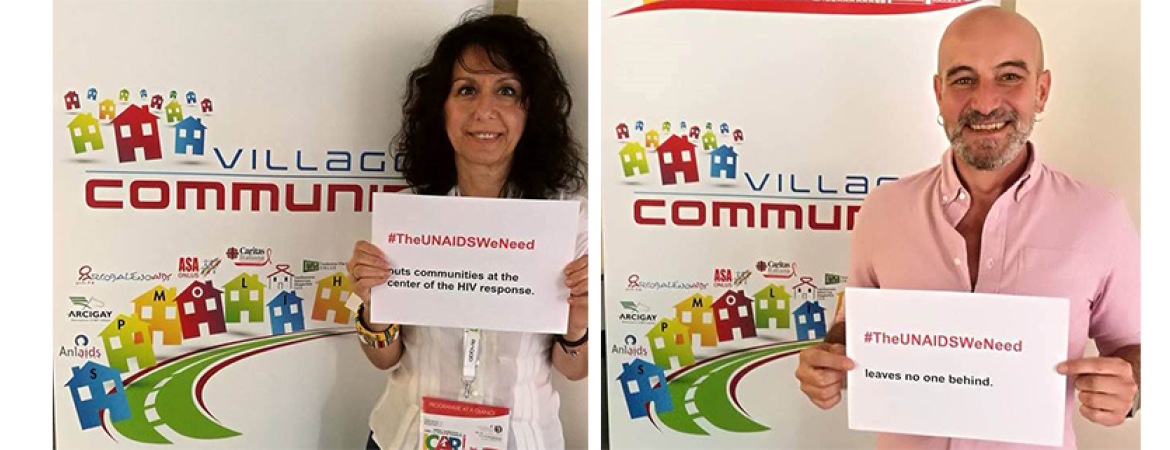This blog was originally written for and published on the website of the NGO Delegation to the UNAIDS PCB by our colleague, Ferenc Bagyinszky who is the UNAIDS PCB Europe Delegate.
On April 28, 2017 UNAIDS held a multi-stakeholder consultation on the findings and the recommendations made by the Global Review Panel that looked into the future operating model of the United Nations Joint Programme on HIV/AIDS (UNAIDS).
The consultation covered three key areas of the report – financing and accountability, joint working, and governance – that need to be addressed so that UNAIDS can fulfil its role in reaching the 90-90-90 targets by 2020 and ending AIDS by 2030. The consultation was well attended, both by Members States and civil society, expressing their acknowledgement of the review procedure and the work of the Panel.
The hottest topic of the day was naturally, financing. It has been clear for a while that the investment into the Joint Programme will not reach the demand, but with the necessary restructuring of UNAIDS, we can still reach the targets by demonstrating them in some of the Fast Track Countries and Cities. What is going to happen to the rest of the world that is outside the scope of the Fast Track approach is the question of political will.
The NGO Delegation, civil society and communities have long been saying that the biggest obstacle to ending AIDS is the lack of political will. The political will to change legislation, policies and practices that discriminate or criminalize people living with HIV and other key populations. Unless the human rights of all people are fully respected, we will never end AIDS. Despite all the investment into prevention, treatment and care programmes, if people cannot access them due to stigma or punitive laws, AIDS will remain the disease of the 21st century.
Scaling up prevention, treatment and care efforts, that is including everyone on the “fast track” also needs a strong political will to address the fact that, in the current frameworks, the UNAIDS targets are not affordable and sustainable at the global level. As the pie we are sharing does not seem to get better, we need to create a research and development and pricing structures that provide sustainable access to everyone in need of prevention and treatment.
UNAIDS has played an important role in advocating for the rights of PLHIV and other key populations and also to scale up access to therapy. It must continue its work, providing technical support for Member States and advocacy support for communities living with or affected by HIV/AIDS.
The NGO Delegation, in broad consultation with civil society and communities, created an advocacy document, “10 Key Messages for Global Review Panel”. On the day of the consultation, we launched our global campaign #TheUNAIDSWeNeed calling on civil society and community groups to join the campaign with their own individual messages. The campaign went global in one day; messages arrived from all over the world, expressing the expectation towards UNAIDS. The campaign continues until the next meeting of the Programme Coordinating Board of UNAIDS on June 27-29, we would like to receive messages from communities and civil society from every corner of the world about the UNAIDS YOU need.
During the consultation, reaching the UNAIDS targets was compared to running the last mile of a marathon: “you are almost there, but it is also the most difficult part”. This metaphor got instant popularity and was picked up by several other speakers during the day, which only made me, and many other community members in the room, frustrated. We are talking about the last mile of the marathon when some of our communities are not even running at all. They are not even allowed to register for the marathon, but are locked up in prisons, dying of tuberculosis or forced to go underground because of who they are, who they love or how they live their lives: drug users, sex workers, gay men and other men who have sex with men, transgender people, and many other communities who are key to end AIDS by 2030 but are, at best, ignored in national HIV programmes.
If it is a marathon, let´s call it a marathon, but the UNAIDS I need will not call off the race until we have all reached the finish line. #TheUNAIDSWeNeed must leave no one behind.

